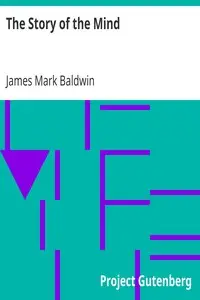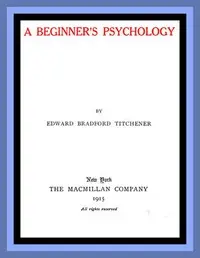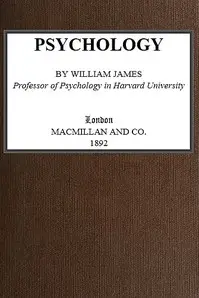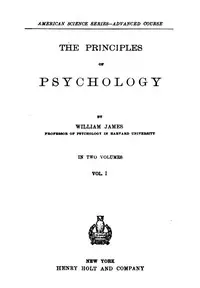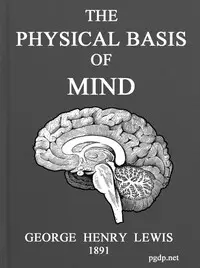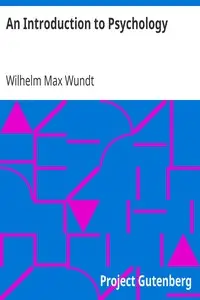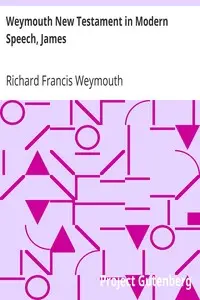"Psychology: A Study of Mental Life" by Robert Sessions Woodworth is a book that introduces the study of the mind as a science. Early in the book, the author explains how he gathered information to write it, building upon the knowledge of other psychologists. The first chapter focuses on what psychology is, and how it's different from other fields of study, focusing on mental processes and actions. The text emphasizes how important it is to clearly define psychological ideas, and covers methods of observation. The beginning of the book sets the stage for readers wanting to expand their comprehension of psychological ideas and to better understand mental life.
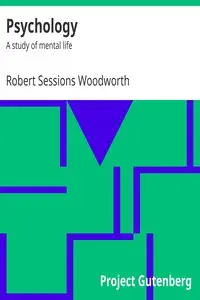
Psychology : $b A study of mental life
By Robert Sessions Woodworth
Embark on a scientific exploration of mental life, behavior, and consciousness to uncover the essence of psychology as a science.
Summary
About the AuthorRobert Sessions Woodworth was an American psychologist and the creator of the personality test which bears his name. A graduate of Harvard and Columbia, he studied under William James along with other prominent psychologists as Leta Stetter Hollingworth, James Rowland Angell, and Edward Thorndike. His textbook Psychology: A study of mental life, which appeared first in 1921, went through many editions and was the first introduction to psychology for generations of undergraduate students. His 1938 textbook of experimental psychology was scarcely less influential, especially in the 1954 second edition, written with Harold H. Schlosberg.
Robert Sessions Woodworth was an American psychologist and the creator of the personality test which bears his name. A graduate of Harvard and Columbia, he studied under William James along with other prominent psychologists as Leta Stetter Hollingworth, James Rowland Angell, and Edward Thorndike. His textbook Psychology: A study of mental life, which appeared first in 1921, went through many editions and was the first introduction to psychology for generations of undergraduate students. His 1938 textbook of experimental psychology was scarcely less influential, especially in the 1954 second edition, written with Harold H. Schlosberg.

